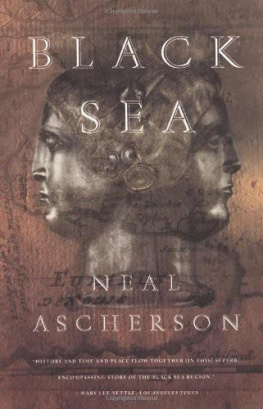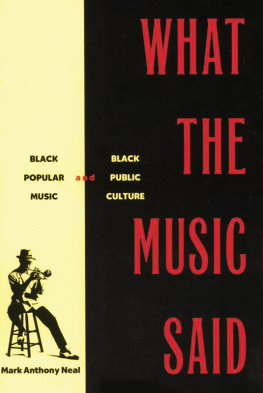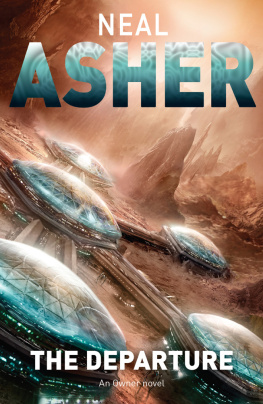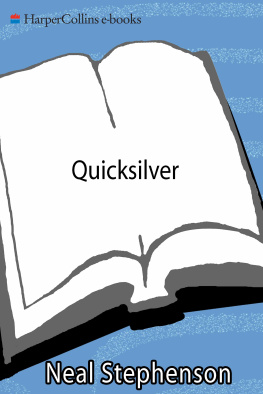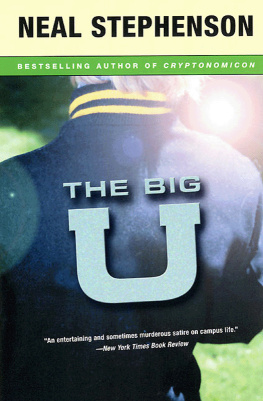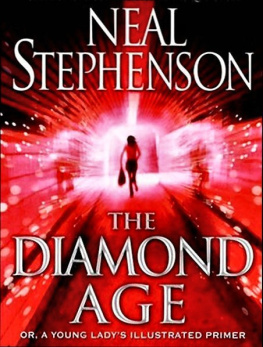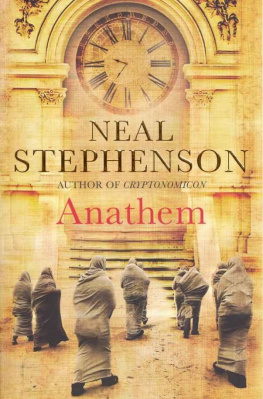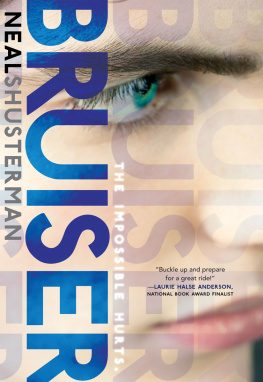Neal Ascherson - Black Sea
Here you can read online Neal Ascherson - Black Sea full text of the book (entire story) in english for free. Download pdf and epub, get meaning, cover and reviews about this ebook. year: 1995, publisher: Hill & Wang, genre: Art. Description of the work, (preface) as well as reviews are available. Best literature library LitArk.com created for fans of good reading and offers a wide selection of genres:
Romance novel
Science fiction
Adventure
Detective
Science
History
Home and family
Prose
Art
Politics
Computer
Non-fiction
Religion
Business
Children
Humor
Choose a favorite category and find really read worthwhile books. Enjoy immersion in the world of imagination, feel the emotions of the characters or learn something new for yourself, make an fascinating discovery.
- Book:Black Sea
- Author:
- Publisher:Hill & Wang
- Genre:
- Year:1995
- Rating:5 / 5
- Favourites:Add to favourites
- Your mark:
- 100
- 1
- 2
- 3
- 4
- 5
Black Sea: summary, description and annotation
We offer to read an annotation, description, summary or preface (depends on what the author of the book "Black Sea" wrote himself). If you haven't found the necessary information about the book — write in the comments, we will try to find it.
Black Sea — read online for free the complete book (whole text) full work
Below is the text of the book, divided by pages. System saving the place of the last page read, allows you to conveniently read the book "Black Sea" online for free, without having to search again every time where you left off. Put a bookmark, and you can go to the page where you finished reading at any time.
Font size:
Interval:
Bookmark:
BLACK SEA
NEAL ASCHERSON
HILL and WANG
A DIVISION OF FARRAR, STRAUS AND GIROUX
NEW YORK
Copyright 1995 by Neal Ascherson
All rights reserved Printed in the United States of America First published in 1995 in the United Kingdom by Jonathan Cape
First American edition, 1995
Fifth printing, 2001
LIBRARY OF CONGRESS CATALOGING-IN-PUBLICATION DATA
Ascherson, Neal. Black Sea / Neal Ascherson. 1st American ed.
p. cm.
Includes bibliographical references and index. 1. Black Sea RegionHistory. I. Title. DJK66.A83 1995 909'.096389dcio 95-19721 CIP
MANY PEOPLE, LIVING and dead, have helped me to write this book. The germ of the idea, as I now realise, came to me when I was sixteen years old, as I read Mikhail RostovtzefPs classic work about the Black Sea past, Iranians and Greeks in South Russia. At the time, I was being taught Latin and Greek literature, and I felt it was important not to be stereotyped as a 'classicist'. I tried to find some private niche from which I could understand the classical world not as a Graeco-Roman or as a schoolboy forced into some post-Victorian version of a Graeco-Roman mind-set - but as a knowing outsider. I wanted to be a monk who wrote Latin in rhyme, or a dangerous Scythian who travelled light and put down no roots. In any case, the result of opening Rostovtzeff was an imaginative invasion and occupation which I have never since thrown off. Most of a lifetime passed before I could carry out the invader's command, before I could stand on the burial mound of a nomad king above the outfall of the Dnieper or the Don. But it was Rostovtzeff who issued the original order.
I would like to honour the authors of several other books on which I drew heavily in certain sections, especially Alan Fisher {The Crimean Tatars) and Patricia Herlihy, whose excellent Odessa: A History was my main source for that city's nineteenth-century past. Franqois Hartog's The Mirror of Herodotus, in a marvellously lucid translation from the French by Janet Lloyd, is at the centre of several of my arguments, and so is Edith Hall's Inventing the Barbarians. Anthony Pagden's dark and prophetic book, European Encounters with the New World, helped me to understand the meaning of journeys between cultures. For the Black Sea's ecology, most of my data and many ideas are drawn from the work of Laurence Mee and J. F. Caddy, both of whom were patient and helpful with my enquiries. Tom Nairn's thinking about nationalism has guided all that I have written on that theme.
Two people above all deserve my thanks for their assistance and support. Marzena Pogorzafy carried out elaborate and impeccably presented research into the sources for the sojourn of Adam Mickiewicz in Odessa and Crimea, and for the strange ideology of 'Sarmatism' which possessed the old Polish aristocracy. The volumes of extracts which she left with me remain absorbing reading in themselves, and I will always be grateful to her. Professor Anthony Bryer of Birmingham University took me to the 8th World Congress of Byzantinology at Moscow in August 1, and thereby allowed me to be a witness to the unsuccessful putsch which exploded a few days after the Congress ended and ultimately destroyed the Soviet Union. He opened to me his enormous knowledge of Byzantine history and above all of the Grand Comnenian Empire of Trebizond, and he tirelessly provided me with ideas and contacts; my mistakes and perverse reflections on those matters are my own, and I hope that he will forgive them. I am also deeply grateful to Igor Volkov, of the department of archaeology at the University of Rostov-on-Don, who showed me round the city and museum at Azov, furnished me with specialist literature on the history of the lower Don, and answered later enquiries with long and helpful letters about the history of archaeology in southern Russia.
I would like to thank Anatoly Ilyich Kudrenko, director of the museum at Olbia, and especially Valeriy Fedorovich Chesnok, director of the Tanais museum, who allowed me to stay on the site, helped to organise a programme for me and offered me much friendship and advice. Salutes, too, to Irina Tolochko and Zhenya Malchenko, to Yura and Volodya Guguev; and to Inna Soltys, who translated for me in Odessa and showed me her city. I am also grateful to Dr George Hewitt of the School of Oriental and African Studies in London, whose introductions and contacts helped me to enter and study Abkhazia, to the staff of the Ukrainian Institute for Marine Ecology in Odessa, and to Timothy Taylor of the University of Bradford, for giving up so much of his time to conversations with me about Sarmatians and Thracians and for supplying me with copies of his own work and that of the late Tadeusz Sulimirski. Finally, I would like to thank Wolfgang Feurstein for welcoming me at his home in the Black Forest and for talking so openly and passionately about his work on Lazi culture.
From time to time, I would arrive exhausted, dirty and hungry at the door of successive Moscow correspondents of the Independent, sometimes at moments of frantic crisis. I was always made welcome. Nothing can repay the kindness of Peter Pringle and Eleanor Randolph, or of Andrew and Martha Higgins. I will always remember my days and nights with them.
There would have been no book, and nothing to acknowledge, without the patience, encouragement and forbearance of my wife, Isabel Hilton, who put up with interrupted holidays and lonely weekends over several years. I only hope this book in a small way makes up for all these deprivations.
to my Father
Introduction 1
Black Sea 12
Epilogue 271
Chronology
Select Bibliography 285
Index 291
I must admit, I can be perfectly happy reading... and equally happy pouring the sands through my fingers and resting with the whole of my being, while the wind pats my cheeks with its cool, damp hands. It seems to be pleased that there is not another soul on the beach, all the way to the horizon where the bluish promontories look like a company of bears lapping the sea-water.
All day long, the stiff grass rustles on the cliffs. Infinitely old, this gentle sound, heard on this shore for century after century, imparts the love of wisdom and simplicity.
Konstantin Paustovsky, Years of Hope
At this [Homeric] time, the Sea was not navigable and was called 'Axenos' [inhospitable] because of its wintry storms and the ferocity of the tribes that lived around it, and particularly the Scythians in that they sacrificed strangers... but later it was called 'Euxeinos' [friendly to strangers] when the Ionians founded cities on the seaboard.
Strabo, Geography
ONE DAY EARLY in 1680, a young Italian named Luigi Ferdinando Marsigli stood on a boat anchored in the middle of the Bosporus, off Istanbul, and lowered a weighted line over the side.
All navigators knew and had always known that the Black Sea ran out in a torrent through the Bosporus to the west, flowing on through the Sea of Marmara and the straits of the Dardanelles to reach the Mediterranean. In the third century BC, Apollonius Rhodius had told how Jason and the Argonauts had fought their way eastwards against the torrent, rowing their vessel upstream through the Bosporus to reach the Black Sea along 'the narrow strait of the winding passage, hemmed in on both sides by rugged cliffs, while an eddying current from below was washing against the ship as she moved on ...' The same current now tugged Marsigli's boat towards the distant Mediterranean as she strained at her anchor.
Marsigli had tied white-painted cork markers to the line, at regular intervals. At first, as he payed out the line, he watched the markers moving aft, slowly born westwards by the current flowing from the Black Sea. But then, peering intently over the side, Marsigli saw what he had hoped to see.
Next pageFont size:
Interval:
Bookmark:
Similar books «Black Sea»
Look at similar books to Black Sea. We have selected literature similar in name and meaning in the hope of providing readers with more options to find new, interesting, not yet read works.
Discussion, reviews of the book Black Sea and just readers' own opinions. Leave your comments, write what you think about the work, its meaning or the main characters. Specify what exactly you liked and what you didn't like, and why you think so.

